Violinist Hector Scott shares his insights into how to make practice engaging and help a pupil become a better version of themselves. In the final of three parts, he explores the principles for developing potential
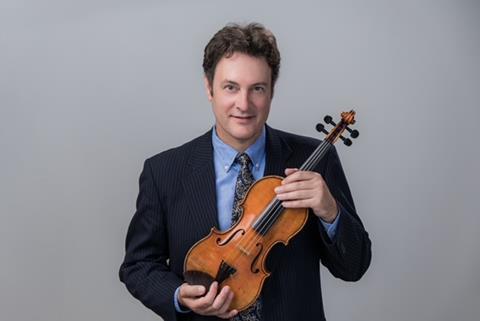
Discover more Featured Stories like this in The Strad Playing Hub
When practising, thinking about the return on effort is a valuable exercise. It is what Simon Fischer describes as improving a section level by level. The sections that you might grade a ‘B’ shouldn’t be the primary focus, but rather moving the sections you might grade ‘D’ up to a ‘C’. Perhaps this is the message Carl Flesch was putting across to Eric Rosenblith, when he asked him to prepare the first movement of Sibelius concerto in three days. Flesch’s students were only allowed to play for five hours in a day, and the rehearsal with piano would be part of this allowance. Lessons were open to all students and their parents, so this added to the student’s sense of urgency. Shifting away from the immediate reward and considering practice in terms of how we can have the greatest impact for the investment of time hones our focus.
Another important, even vital, skill necessary for developing hidden potential is one’s ability to lean into difficulty. Interestingly, while some people may be born with a little extra reserve of willpower, discipline, grit, or resilience, this skill is very much learned rather than being a personality trait. The key is to develop simple strategies that make the temptation less tempting. If we have techniques for making discomfort less uncomfortable, then we will be willing to go into situations where we are slightly out of our depth in the knowledge that we are going to learn something. For example, when we feel anxious playing in public performance situations, a possible way to get used to the discomfort is to put ourselves continually in the situation.
Who we become is a complex interaction of nature and nurture but, in developing potential, we underestimate the power of nurture. Put another way, if we reward effort, hard work and seeking out discomfort, then over time being in uncomfortable situations where we have pushed ourselves a little bit past where we are comfortable starts to take on secondary reward properties. We become used to our effort leading to something positive, and over time this can become a self-reinforcing cycle. In talking about nurture, it is important to understand that the quality of resilience is not an individual skill. It requires a support system or temporary structure that helps one scale a height one could not reach on one’s own. This often takes the form of a parent, a friend or a teacher who believes in our potential and not only helps us to find the motivation, but then gives us the tools to bounce forward from the hardship we faced.
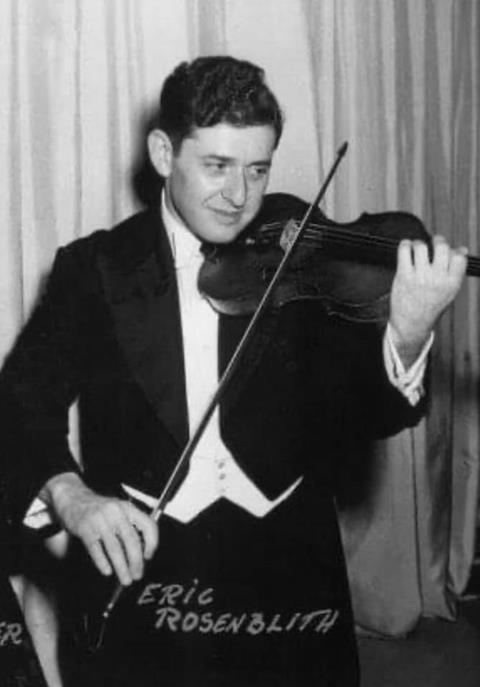
In familial settings, the impact of nurture is often evident in a higher IQ of an elder sibling who takes on the tutoring role of their younger siblings. By explaining a problem, the elder sibling remembers and understands the solutions better, because the best way to learn something is to teach it. At junior conservatoires, chamber music might flourish if students in the senior schools were given the opportunity and responsibility of coaching the groups as part of their teaching modules. It would help the senior students to understand and connect musical and technical concepts to their own experience. It would also give them an important starting point of discussion with teachers and colleagues alike. The Benedetti Foundation already uses this idea successfully in their Ambassador programme. On the flip side, later-born siblings are often more willing to take risks because their parents afford them greater freedom and independence, which allows the child the opportunity to learn from experimentation. Some theories also suggest that firstborns impress their parents by filling the role of the conventional achiever. As a later-born, with the conventional achiever role filled, you find a way of standing out through risk-taking and being entrepreneurial.
While nurture plays a significant role in developing a tolerance for experimentation, the successful pupils are those who take cautious risks, not the ones who simply throw caution to the wind. As a musician, an example of how the most successful protect the downside of their risk, might look like this. You enter a music conservatoire with the aim of being in a world-renowned string quartet or becoming a soloist. Despite this outcome having an extremely low probability, building a successful teaching or workshop programme is more realistic and will build support in the community one serves.
By building this viable business we will ultimately generate further creative opportunities. Take the big extreme idea and try to moderate it to make it a little bit more familiar and a little bit closer to what other people think is plausible and desirable. Develop a string quartet that explores a wide range of repertoire and perform in schools and community centres. Then, if you do this successfully, you can bring these institutions and people with you in organically developing your vision. The next stage might be the offer of a free concert venue in a school or church, which would allow for expanding income potential by charging for tickets and developing sponsorship opportunities.
This general idea was at the heart of Boston-based ensemble A Far Cry’s development as a chamber orchestra. They now play in major venues and media stations across the world. Their mission to ignite a love for music and utilise its power to bring people together locally and across the globe has never changed, it has just blossomed and expanded through the musicians’ development of the concept of idea promotion above self-promotion.
When we teach people to see their opinions as hypotheses and their decisions as experiments, we make better choices and achieve more success. This is because we become more flexible, with the ability to change our minds faster. We are also quicker to recognise when we are wrong, and that means we are quicker to get it right. The important distinction is in the focus on getting it right as opposed to being right. One of the ways we do this is by not letting our beliefs become part of our self-concept. We are what we value. Beliefs are what we think is true and values are what we think is important. This is a critical distinction because when we start to base our identity, our sense of self, our ego, our self-esteem, and our-worth on what we think is true, then admitting we are wrong is a major threat. However, when we start to see ourself as someone who values curiosity or is a lifelong learner, changing our mind is now a moment of growth.
Read: How to unlock hidden potential: Redefining progress and the problem of procrastination
Read: How to unlock hidden potential, part two: Longevity in string development
Discover more Featured Stories like this in The Strad Playing Hub
The number one source for playing and teaching books, guides, CDs, calendars and back issues of the magazine.
In The Best of Technique you’ll discover the top playing tips of the world’s leading string players and teachers. It’s packed full of exercises for students, plus examples from the standard repertoire to show you how to integrate the technique into your playing.
The Strad’s Masterclass series brings together the finest string players with some of the greatest string works ever written. Always one of our most popular sections, Masterclass has been an invaluable aid to aspiring soloists, chamber musicians and string teachers since the 1990s.
American collector David L. Fulton amassed one of the 20th century’s finest collections of stringed instruments. This year’s calendar pays tribute to some of these priceless treasures, including Yehudi Menuhin’s celebrated ‘Lord Wilton’ Guarneri, the Carlo Bergonzi once played by Fritz Kreisler, and four instruments by Antonio Stradivari.

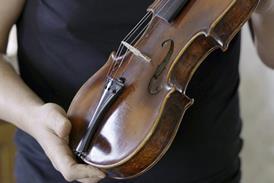
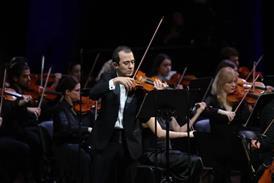
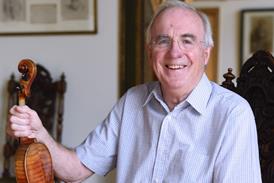





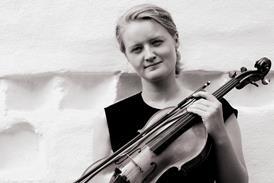




























No comments yet